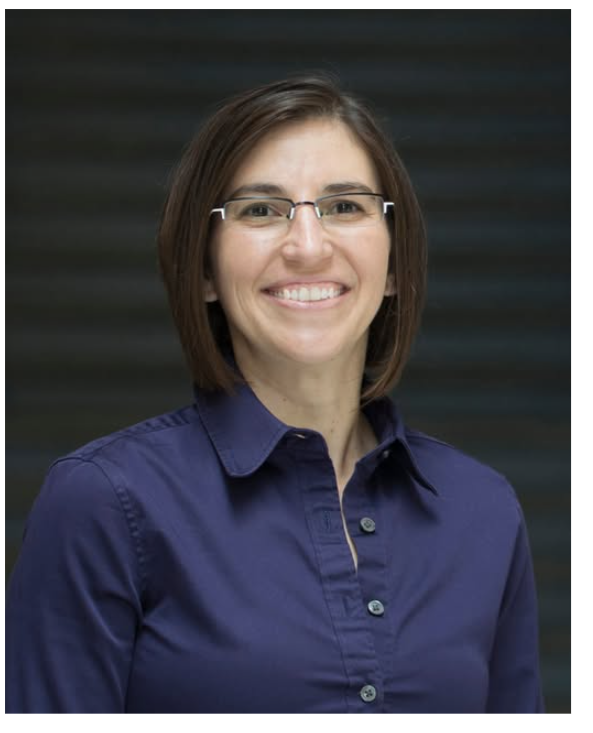Ontario, Canada — The academic and medical-engineering communities are mourning the unexpected passing of Professor Dionne Aleman of the University of Toronto (U of T). Known for her dynamic leadership, deep commitment to healthcare innovation and education, and globally-recognized research in operations and systems engineering, her loss has been described as “sudden and deeply felt.”
Dr. Aleman joined the U of T’s Department of Mechanical & Industrial Engineering and held additional appointments at the Institute for Health Policy, Management & Evaluation, the Institute for Pandemics, and the UHN Techna Institute. (morLAB) Colleagues said she was at the height of a productive career, combining technical excellence with a passion for improving patient outcomes.
Her research spanned optimisation, simulation, machine learning and graph-theory, all applied to healthcare settings. She tackled problems such as designing radiation-therapy treatment plans, improving hospital surgical scheduling, optimising organ-transplant matching algorithms and modelling disease-spread in pandemics. (morLAB) Today’s news of her passing has prompted reflections on how much she achieved, and how much was still ahead of her.
Professor Aleman’s academic journey began with a BSc in Industrial & Systems Engineering in 2003, followed by an MSc in 2006 and a PhD in 2007—all from the University of Florida. (morLAB) Her swift rise to leadership included appointment as Associate Dean for Cross-Disciplinary Programs at U of T’s Faculty of Applied Science & Engineering, in addition to her professorial and research roles. (Dionne M. Aleman)
In addition to her research output—over 100 publications and numerous high-impact grants—Dr. Aleman served in leadership within professional societies such as the Canadian Operational Research Society (CORS) and the Institute for Operations Research and the Management Sciences (INFORMS). (morLAB) Those roles reflected her determination to shape the broader direction of operations research in healthcare, within Canada and internationally.
Peers describe her as a mentor of rare generosity. She championed students from diverse backgrounds and helped to open doors for women and under-represented groups in engineering and applied mathematics. Her influence extended beyond her own publications—her students and collaborators continue to carry forward her vision of systems-based healthcare improvement.
Though the precise circumstances of her passing have not been publicly detailed beyond being “unexpected,” many in the community say it was received with shock and sorrow. Many have already begun sharing tributes on academic mailing lists and social-media posts, recalling both her warmth and her intellectual rigour. (Facebook)
Her contributions to improving the quality, timeliness and efficiency of medical care will remain a lasting legacy. Projects that she initiated—ranging from pandemic readiness modelling to organ-donor exchange optimisation—continue to influence both research agendas and healthcare practice. Students, colleagues and institutions are said to be determined to “carry the torch forward” in her name.
As the University community and beyond absorbs the loss, arrangements for a formal obituary or memorial service are expected to be announced soon. In the meantime, many are reflecting not only on the abrupt absence of a scholar of considerable promise, but on the depth of her impact already achieved in a life that ended far too early.
Professor Aleman’s passing leaves a profound void—yet her work, her mentorship and her values remain deeply embedded in the institutions and people she touched. Her vision of applying rigorous operations-research methods to real-world healthcare problems will continue to guide future generations.

